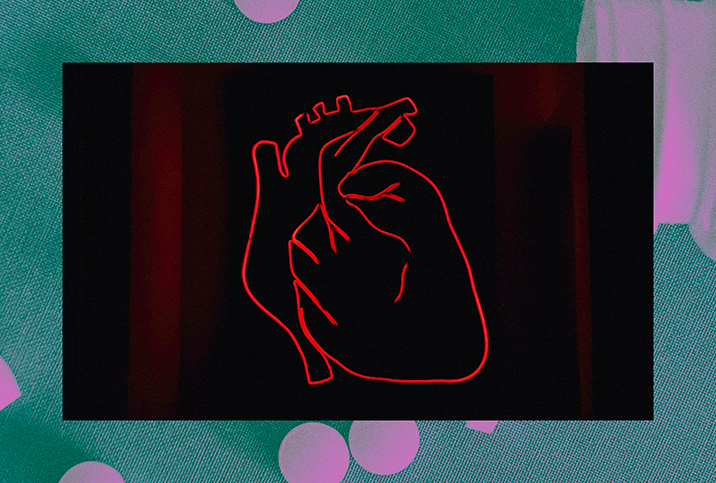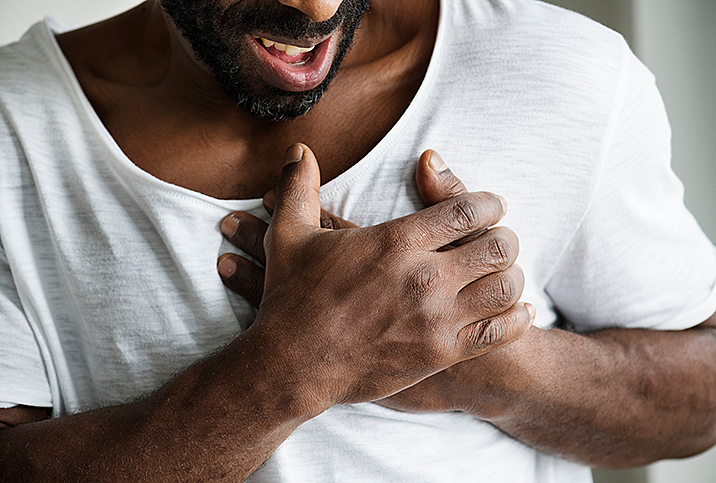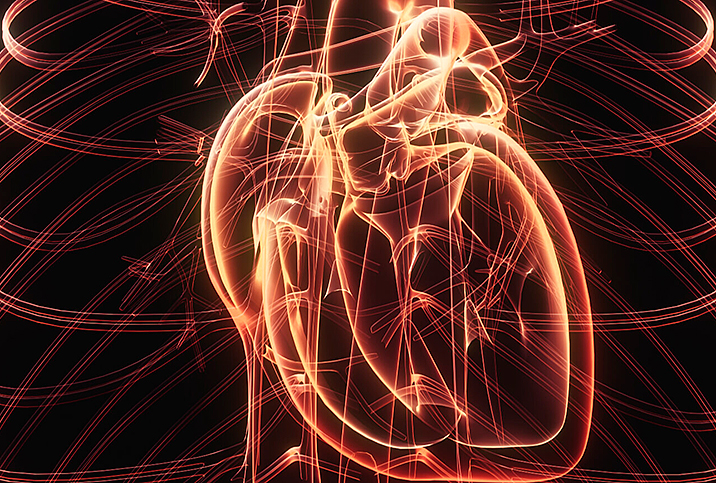Heart Disease: Myths & Misconceptions

If you don't closely follow medical and research developments—and maybe even if you do—there's a good chance you may have heard some myths and misconceptions about heart disease. And since the heart is pretty darned important to your overall existence, it's vital to know the truth about how to keep it healthy and beating.
We have gathered a few common but untrue misconceptions and provided the information necessary to debunk them.
Myth: Heart disease should only be a concern when I'm old.
Reality: The lifestyle and diet choices you make when you are young could increase your risk of heart disease later. As early as childhood, plaque can begin building up in your arteries and eventually lead to clogged arteries. One-third of Americans have cardiovascular disease, and they're not all seniors. Young people can develop heart disease, as well, especially now that type 2 diabetes and obesity are so common in younger populations. The prevalence of obesity in children and adolescents ages 2 to 19 in the United States is about 18.5 percent, or 13.7 million youth.
Myth: Chest pains will let me know if I am having a heart attack.
Reality: While it is common for a heart attack to announce itself with chest pain, it can also carry more subtle symptoms. Symptoms of a heart attack include nausea, feeling light-headed, shortness of breath, and pain in the arms, back, neck and jaw. If you experience heart attack symptoms, even if you are not sure it's a heart attack, seek immediate medical attention.
Myth: Heart disease is a man's problem.
Reality: Not only are women also affected by heart disease, but they are affected at a higher rate than men. Postmenopausal women tend to have a higher risk of heart disease, likely related to lower levels of estrogen, which provides protection in younger women. Heart disease is a leading cause of death in both men and women over age 65; in fact, over the past 30 years, more women than men have died each year from heart disease. By the time men and women reach retirement age, 70 percent have some form of heart disease, such as heart failure, coronary artery disease or high blood pressure. By age 80, 83 percent of men and 87 percent of women are affected.
Myth: I can't have sex after suffering a heart attack, and heart disease can put an end to my sex life.
Reality: Patients can resume sex in as little as one week following a heart attack if it was mild and certain conditions are met. It's important to talk to your doctor, because individuals' heart health can vary widely.
A 2012 study published in the American Journal of Cardiology found that 60 percent of women are less sexually active following a heart attack. The study suggested that one cause for this is the fear that sex will cause another heart attack. The reality is that it's possible for both men and women to have a healthy, fulfilling sex life with heart disease. It's important to be open and supportive with a partner who has suffered a heart attack, because they can experience mental health issues, especially patients who require drastic lifestyle changes.
Researchers have found that men with a low frequency of sexual activity have an increased risk of cardiovascular disease. Men who reported having sex once a month or less had a higher risk of heart disease than men who reported sexual activity twice a week, or more often.
Myth: I will only have heart disease if it runs in my family.
Reality: While genetics play a role in who does and doesn't develop heart disease, the majority of heart disease results from harmful lifestyle choices, many of which start as a young adult. Smoking, poor diet and limited exercise can all raise the level of cholesterol in your blood and increase your blood pressure, both of which increase your risk of heart disease. If high cholesterol and high blood pressure run in your family, it's critical that you follow a heart-healthy lifestyle and take medications to control these risk factors. Even if you don't have a family history of those conditions, always ask your doctor during routine visits to check your blood pressure and cholesterol, as hypertension and hyperlipidemia are often silent.
Myth: Fats are bad for my heart.
Reality: There are different types of fats in food, but not all of them are bad for you.
Artificially made trans fats are the worst, because they increase levels of LDL cholesterol, often called the "bad" cholesterol because it collects in the walls of your blood vessels and raises your chances of having a heart attack or stroke. Saturated fats do, as well. Replacing unhealthy fats with healthy monounsaturated fats and polyunsaturated fats could lower your LDL levels. If you have trouble choosing balanced meals or need more information on specific foods or categories of food, ask your doctor to recommend a nutritionist.
Myth: Erectile dysfunction and heart disease are unrelated.
Reality: Studies have shown men who have ED are at greater risk of heart disease. ED is often a sign of atherosclerosis, a clogging of the arteries that can cause chest pain, heart attacks and other heart conditions. According to a 2018 study published in the scientific journal Circulation, men with ED are at a higher risk for cardiovascular problems. The study followed nearly 2,000 men between the ages of 60 and 78 over a four-year period. The men who reported experiencing ED were twice as likely to suffer a heart attack, sudden cardiac death, cardiac arrest and stroke. Of course, always talk to your doctor, because ED can have many causes.
Knowledge is power: If you suspect you have symptoms of heart disease or a heart attack, seek immediate medical attention.


















